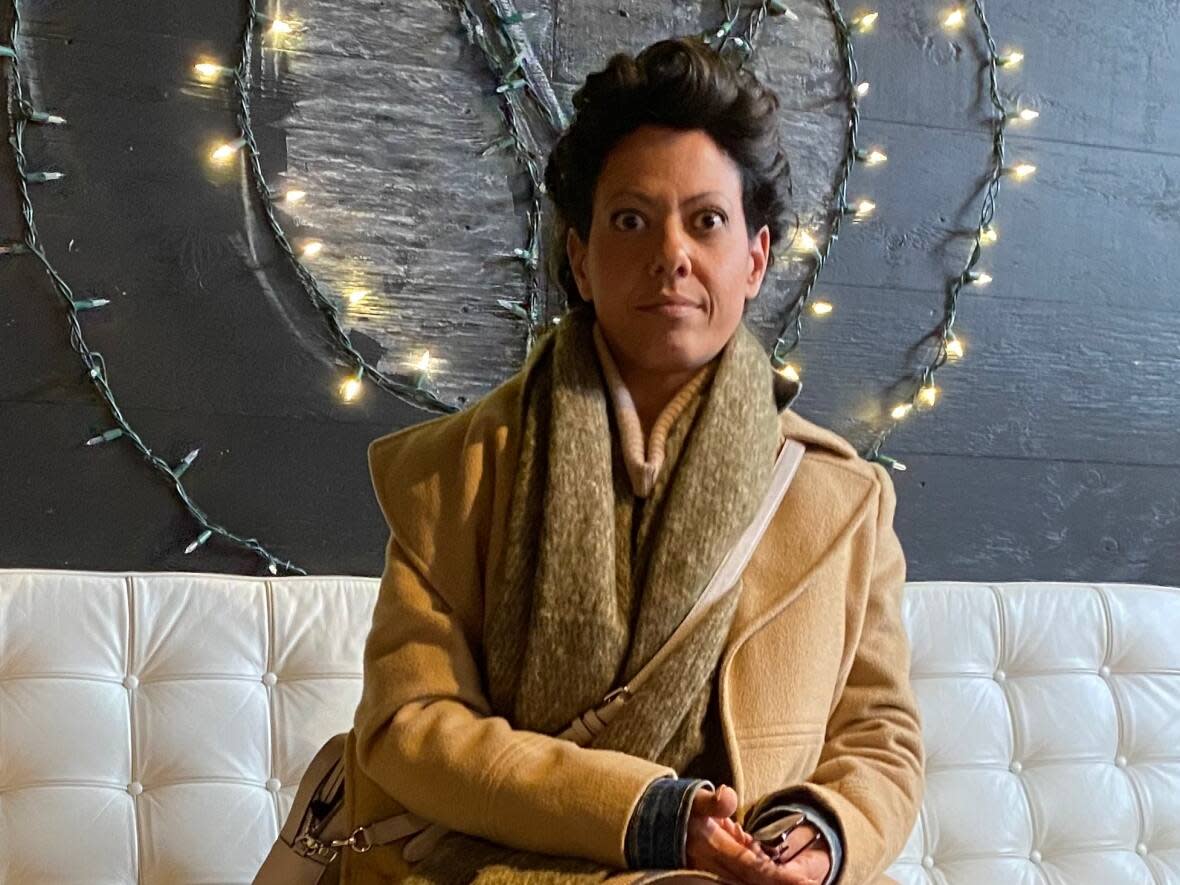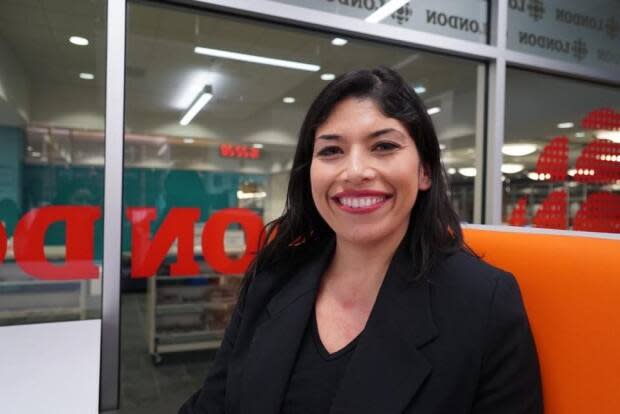Black criminology prof who applied to the all-white police board says it needs diversity

The relationship between police and Black communities is often "deeply problematic and tense" across North America, says Natalie Delia Deckard. And that's one of the reasons she felt compelled to apply to be on the Windsor police services board.
The University of Windsor criminology professor and founding director of the Black Studies Institute was one of 48 applicants council considered for the public position it needed to fill. During an in-camera session earlier this month, council appointed Sophia Chisholm, a white woman who held the position before, and is a senior vice-president at the WFCU Credit Union.
Deckard says given the importance of diversity in policing and police governance, the fact that someone from a diverse community wasn't selected "is really questionable." Police boards oversee effective services, hire chiefs and deputy chiefs and create policies.
"People of colour in Windsor have their own voices and make decisions versus are talked about and have decisions made about them on their behalf," said Deckard. "We've set another year in motion in which racialized people in Windsor are decided upon."
Use of force data shows Black people disproportionately affected
Windsor police use of force data shows 16 per cent of civilians in those interactions were Black. That's compared to the fact that Black people make up about five per cent of the population in Windsor and Amherstburg. Windsor has been policing the latter since 2019.
"How does a person from a community that's been disproportionately over-policed feel trust that an all-white board understands the issues?" - Susan Toth, outgoing chair of the London Police Services Board
In a statement to CBC News on Friday, Windsor mayor Drew Dilkens, who also chairs the board, said "it is often a challenge to recruit individuals of quality and substance to participate."
However, one of the reasons Deckard applied was to "end the conversation about how there is no interest, there is no ability, there is no capacity from communities of colour."
Her research focuses on how law enforcement intersects with marginalized communities. Deckard also said she's worked in prisons and directly with officers.
"Sworn officers want to be able to operate in an equitable space, and their leadership is not giving them that opportunity. Anyone that supports police should be appalled," said Deckard.

Dilkens told CBC News during an interview on Tuesday that he supported Chisholm as the appointee because he "feels very comfortable with her."
"I saw her in action as chair of the board for the two years that she served in the past. She was a strong contributor," said Dilkens. "She's extremely well suited and extremely competent to serve on the Windsor police services board."
Susan Toth, outgoing chair of the London police services board, questions if Windsor city council's appointment was based solely on merit.
"If it were truly about merit, we would actually have representation because you can't tell me there aren't amazing Black and Indigenous people absolutely capable of doing this kind of work, so where are they?" Toth said.

Toth, who is Hispanic, says diversity on the London board led to better policies around sexual assault and street checks.
"It was really important in terms of reaching out to the community, establishing that trust that we were there to listen and that we were going to incorporate what we were hearing," said Toth. "Part of that learning process from the board was moving away from an approach that could potentially re-victimize people who had been assaulted."
With an all-white board, "where's the trust there?" she said. "How does a person from a community that's been disproportionately over-policed feel trust that an all-white board understands the issues and is going to be able to govern in a way that provides adequate and effective policing for those communities as well?"
For more stories about the experiences of Black Canadians — from anti-Black racism to success stories within the Black community — check out Being Black in Canada, a CBC project Black Canadians can be proud of. You can read more stories here.



